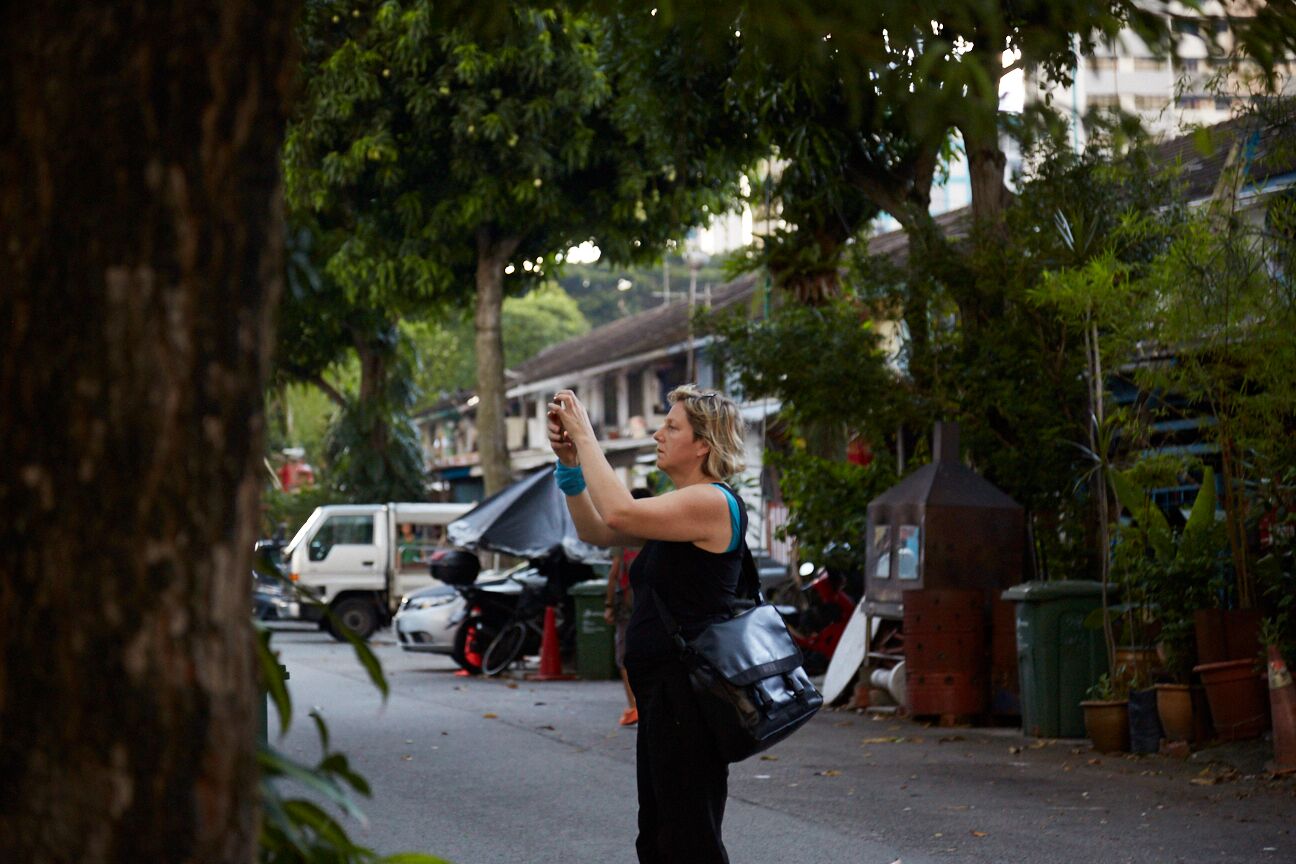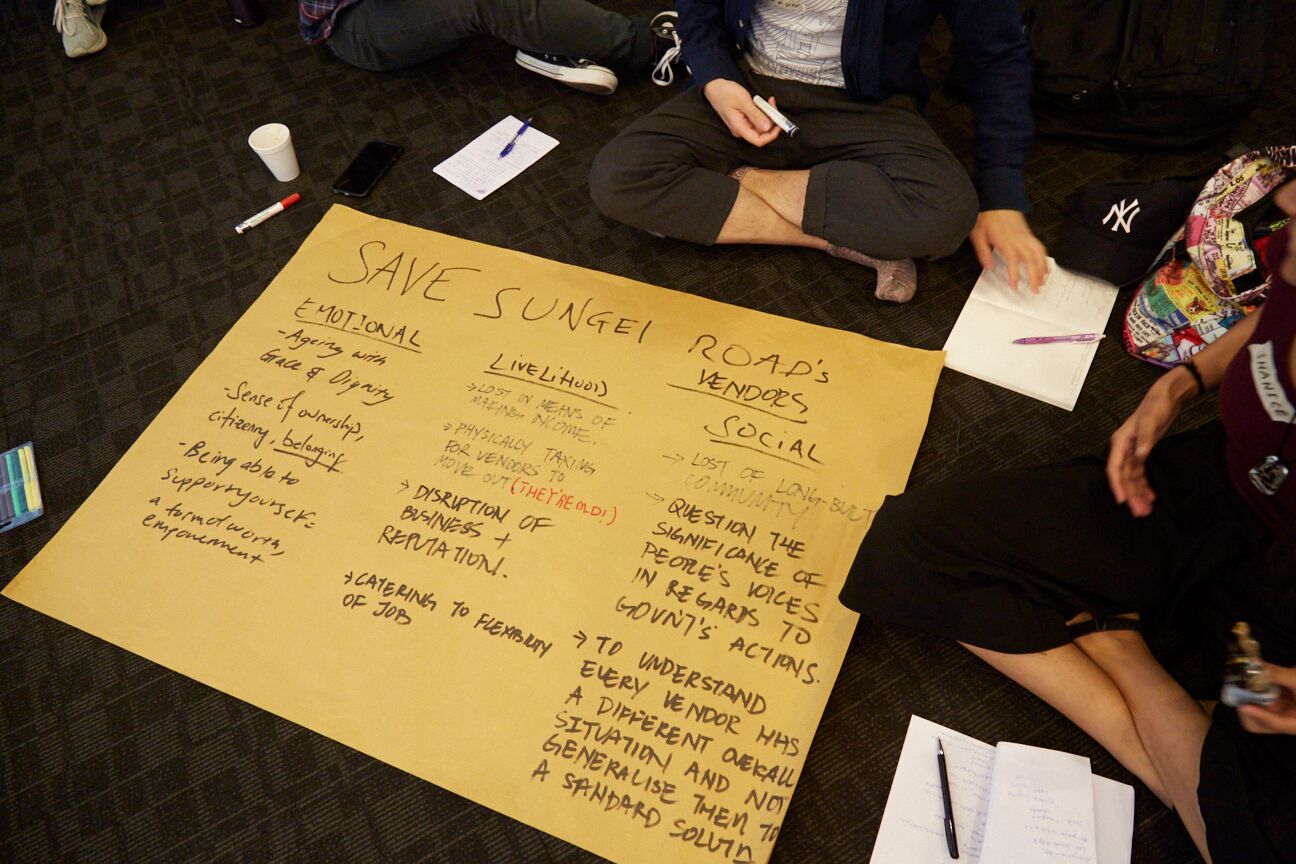In a 3-day hands-on seminar (21-23 November 2017), we explored the topic of conviviality in participative and social art practices. Brack invited reflections from the participants who came from diverse interests in art, research, and other professional backgrounds, as well as the facilitators themselves. The aim is to continue the conversation post-workshop, and to provide opportunities to engage with each other and the material. Among the responses were Melissa Lim, The Necessary Stage. READ MORE about the #ArtofConviviality.
BRACK: Please share with us your personal thoughts on CONVIVIALITY or other big words that jumped out at you during the workshops
ML: Negotiation. Stakeholders: Idea of a “U”. Letting things emerge from the future.
On learning from the workshop
The workshop exercises made me acutely aware of the disparate voices and stakeholders that must be given fair attention in any situation—be it one where there’s a conflict to be resolved, or simply one where we are trying to foster deeper collaborations. I also felt much more needs to be excavated in terms of our individual definitions of contribution—how do we actively contribute to our environment, and how do we help provide platforms for those who are less often heard?
I came away being conscious that sometimes, we loosely use the term “the state” when dealing with the powers that be, but that in actual fact, perhaps we have been flippant in the usage of that term; there are after all different players within the government too, and it’s important to distinguish their individual stances, knowledge bases and effectiveness in any mediation process.
On the workshop format and engagement
A longer workshop with more time allocated to specific skillsets for mediation, understanding of needs, before formulation of proposals for the community would’ve been helpful. I think more local case studies like the Save Sungei Road one would’ve been great too. If possible, a field trip to meet some stakeholders to listen to different voices from the community would also be fruitful.
Sometimes, we loosely use the term “the state” when dealing with the powers that be, but that in actual fact, perhaps we have been flippant in the usage of that term; there are after all different players within the government too, and it’s important to distinguish their individual stances, knowledge bases and effectiveness in any mediation process.



